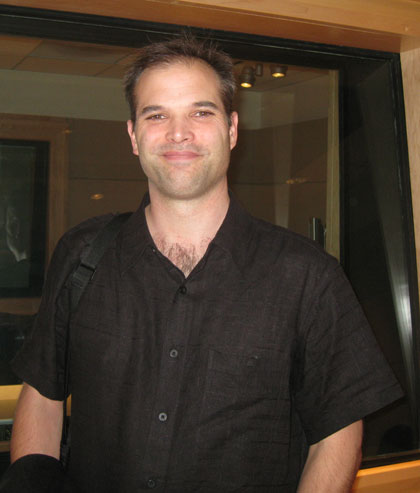
They also have the means of committing frauds in the stock market, which is why there should be stiffer penalties for such crimes. It’s not surprising that wealthy people commit crimes because they can afford to pay lawyers and are less likely to be punished. Meanwhile, foreign executives and corporations are not punished for their unethical investment behavior. Undocumented immigrants are being forced to leave the country, even though they have not committed crimes. However, these cases often go unpunished because people don’t understand how those laws are being broken or they lack enough evidence to support their claims. Some investors and companies break the law by not following federal regulations. Furthermore, poor people are sometimes motivated to plead guilty even if they’re factually innocent. This often happened because people who were arrested couldn’t pay bail and had to stay in jail longer than they should have. In New York City, there was an aggressive policing policy that resulted in many arrests. The reason was a memo from Attorney General Eric Holder that said those consequences (jail time) would have an impact on innocent people as well. Key TakeawaysĪfter the financial crisis of 2008, prosecutors opted for settlements and fines instead of jail time to punish major banks whose risky behavior caused the recession. However, the poor individuals who commit these errors receive harsh punishments while bank officials involved in large-scale fraud do not face any punishment at all. Undocumented immigrants are vulnerable to deportation if they are discovered, and politicians often focus on welfare fraud when looking for cases.


However, these policies make life difficult for residents in high-crime areas as they’re often arrested on inflated charges just because they live there. The latter says that preventing small crimes can lead to prevention of larger ones. The former means that prosecuting minor offenders will catch more serious criminals. This is because the police department relies on stop-and-frisk and broken windows theory to fight crime. In major US cities, a lot of arrests are made for minor offenses. One reason is a memorandum written by Attorney General Eric Holder which states that prosecutors should consider whether prosecution would cause too many lost jobs or too much financial harm to the company.

The author uses individual stories and cases to show how wealthy people are not held accountable for their actions, while small actors or companies that have been fined for their illegal activities face dire consequences.

The Divide by Matt Taibbi approaches the complicated topic of unequal treatment in the US criminal justice system based on wealth.


 0 kommentar(er)
0 kommentar(er)
